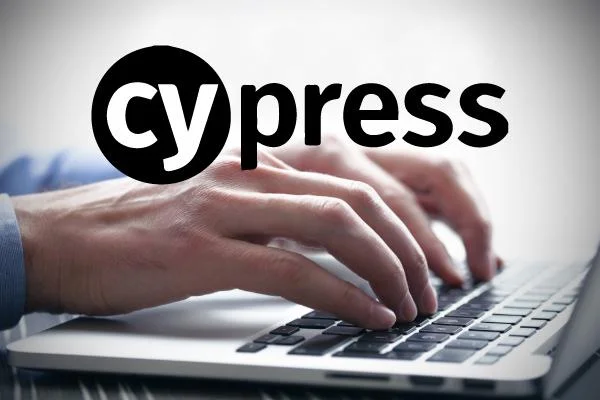End-to-end (E2E) testing has found a place for Cypress. Many developers love it because of its simplicity of use, integrated functionality, and concentration on JavaScript. Examining other tools, however, may open up new features and improve your testing process as your demands change. This is an overview of various strong cypress alternatives, each meeting certain testing needs:
Testsigma
Newcomers to E2E testing will find this Testsigma easy to use since it includes a recorder tool for creating test scripts. Browser-independent, it offers a number of assertion libraries to validate test results. Its visual testing features make it possible to take screenshots and compare them with baselines to guarantee consistent UI rendering.
Thespian
Cypress is compellingly replaced by this cross-browser automation framework created by Microsoft. Programming languages (JavaScript, Python, .NET) and browsers (Chromium, Firefox, WebKit) that Playwright supports are more extensive. Headless mode enables effective background test execution. For developers comfortable with well-known testing frameworks like Jest and Mocha, Playwright also interacts well with them.
Entertainment
Google’s potent Node.js module Puppeteer uses the Chrome DevTools Protocol to manage headless Chrome or Chromium browsers. With frameworks like Jest or Mocha, Puppeteer may be expanded for E2E testing even if its main emphasis is browser automation. Its power is in its low-level interaction with web pages, which enables precise control of browser behaviour. Puppeteer, nevertheless, calls much more coding know-how than Cypress.
Selenium
This seasoned player in the realm of E2E testing is still relevant. Because it works with so many different browsers and programming languages, Selenium’s WebDriver is very flexible. Though its syntax may not be as clear as that of Cypress, Selenium has a large user base and copious documentation. When teams are at ease with Java, Python, or C#, Selenium may be a strong option with a track record.
Download Appium
Teams substantially investing in mobile app testing alongside online apps should take note of this open-source mobile testing framework. Under the hood, Appium uses WebDriver; yet, it extends its capabilities to automate native, web, and hybrid mobile applications for Android, iOS, and Windows. Appium provides a single solution for testing online and mobile apps, perhaps simplifying your testing procedure even if it needs extra setup for mobile device connection.
JSON file Nightwatch
Here’s another workable JavaScript-based framework. Using WebDriver internally, Nightwatch.js is compatible with a large number of browsers. Handling asynchronous actions is made easier and test execution is made efficient by its asynchronous design. A page object model (POM) is included into Nightwatch.js to help with code maintainability by grouping and reusing test stages. Its user base, however, might be less than that of some other choices.
The best Cypress substitute depends on your particular requirements
- Team Expertise: Think about how comfortable your team is with different frameworks and how proficient in programming languages.
- Examine if cross-browser testing, headless execution, or API testing capabilities are necessary for the project.
- Easy of Use: For teams new to E2E testing in particular, strike a balance between user-friendliness and power requirements.
Moving beyond Cypress and finding the ideal cypress alternatives to improve your E2E testing approach may be accomplished by carefully weighing these elements and examining the advantages of each option.
Keep an eye for more news & updates on MyStoriesList.Com!
